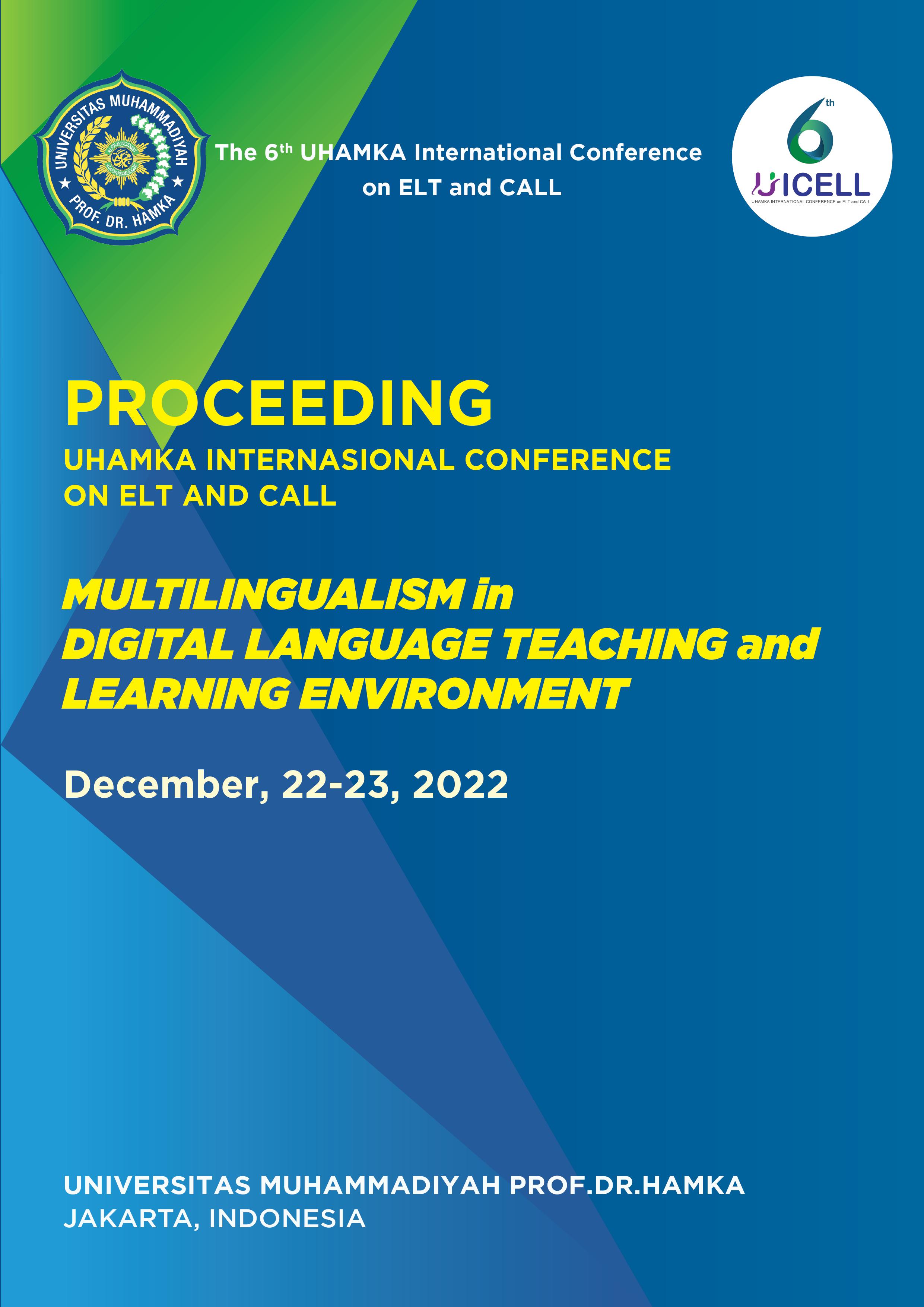Pedagogic Innovation and Peer Feedback in the Foreign Language Classroom
Abstract
Using Flipgrid as a common platform, 30 students of elementary Spanish as a foreign language at Oxford College of Emory University (in the United States) undertook a virtual language exchange project together with 17 students of intermediate English as a foreign language from CETT Barcelona School of Tourism, Hospitality and Gastronomy (affiliated with the University of Barcelona, in Spain). In order to carry out the four tasks included in the project, students from both institutions recorded and shared videos in the target language. They were also asked to post feedback videos in their first language. To study the nature of peer feedback provided to learners of Spanish and English as a foreign language, a sample of comments from Spanish and American students was examined and contrasted. Content analysis and categorization were conducted based on a taxonomy which comprised six categories, namely textual aspects, language register, grammar and vocabulary aspects, phonetic aspects, fluency, and paralinguistic aspects. Textual aspects encompassed topic development and structure, speech content and length, and clarity. Language use was analyzed from a global perspective and also in terms of specific inaccuracies mentioned in the videos. On balance, the result can be considered very satisfactory, since students made positive comments and recommendations, and encouraged their peers to continue developing their communicative competence. The specific areas of improvement pointed out in their videos can be seen as indicators for instructors when focusing on learners’ strengths and weaknesses. Therefore, this presentation illustrates the usefulness of Flipgrid in peer feedback provision to enhance foreign language acquisition in higher education.
Keywords: Flipgrid, oral skills, peer feedback, second language acquisition, virtual language exchange


